Written by Lianne Mcinally (Acting Head of Improvement NHS Lanarkshire) and Deirdre Quigley (Community Nurse Manager NHS Lothian).
We had the pleasure of taking part in a Q Visit to Live Well Greenwich based at The Valley, home of Charlton Athletic F.C. We were both interested in this having previously had the opportunity to work with Electronic Frailty Index to identify people who are mildly frail and would benefit from the types of services offered by this prevention programme. In addition, Lanarkshire is developing an assets-based approach to Falls, Frailty and Bone Health as part of the Lanarkshire Falls Strategy and it was interesting to learn how this would apply in this context. As a Community Nurse Manager, the opportunity for older people to have social connections in the community was of interest; the Live Well Greenwich approach is to maximise prevention opportunities and resources at population, community and individual levels (see below).
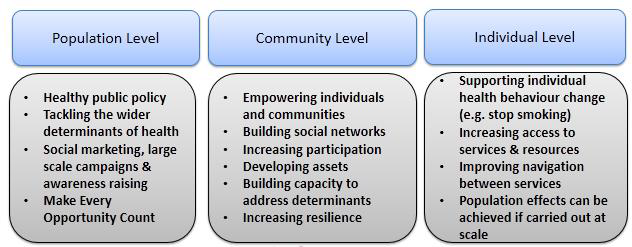
The visit was split into a mixture of presentations and opportunities to discuss the challenges and opportunities for improvement. The key highlight was visiting the Live Well programmes, including the Extra Time Hub and Live Well in Action.
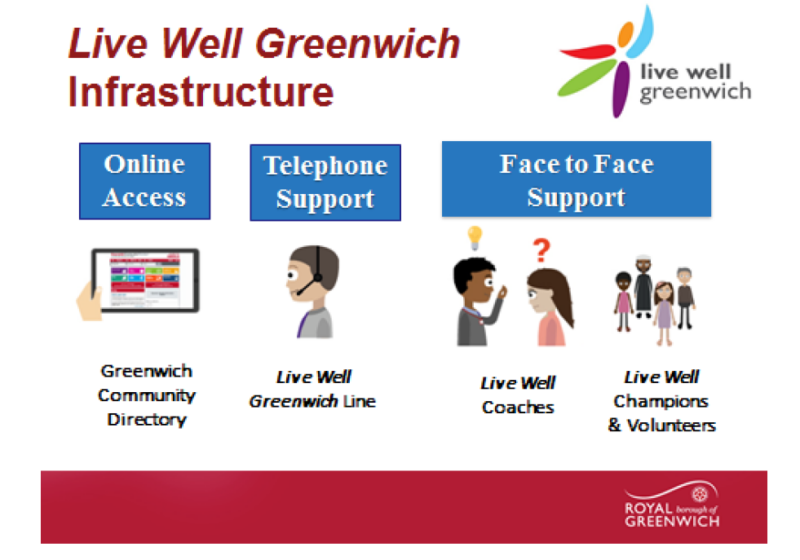
Extra Time Hub
The Extra Time Hub is supported by 35 Live Well Coaches who provide telephone and face to face support to people living in the local community. Referrals can come from the individuals themselves or other community or primary care services. The face to face sessions take place in local GP practices, community centres and the library, running six days per week. Individuals can participate in six sessions with the Live Well Coach and the interventions include a financial assessment, housing review, health improvement advice and signposting to local community assets. Three Live Well Coaches spoke at the session, providing an insight into their role and although people were offered various key interventions the coaching was tailored to the individual needs of the person.
The most powerful impact was the individual stories people told us about how Live Well had supported them to reconnect with their community, improve their physical and mental health, make new friendships, enjoy new hobbies and have fun!
The Live Well Coaches came from a variety of backgrounds, including previous football coaches and people who had initially volunteered as Live Well Champions. A very robust training and mentoring programme is in place for both the champions and the coaches; each coach and champion completes the Royal Society of Public Health and Making Every Contact Count training. Most of the volunteers had been empowered to volunteer themselves as they had personal experience of the Live Well programmes. There was clear progression from volunteering through to coaching – one volunteer had reported that they had been successful in securing permanent employment in an NHS role having gained confidence in returning to work as a volunteer. There was very strong community ethos throughout the staffing and pride in the roles that they had in their own area.
Live Well in Action
We were able to experience first hand the Live Well programmes with the people attending. There was an infectious atmosphere about the place where there was singing, table tennis, walking football, crosswords, bingo, puzzles, walk around the stadium grounds, strength and balance classes. The most powerful impact was the individual stories people told us about how Live Well had supported them to reconnect with their community, improve their physical and mental health, make new friendships, enjoy new hobbies and have fun!
Many of the people attending had been affected by bereavement and one lady highlighted that she had struggled to come through the door of the football club. She was frightened, lonely and sad. However, she had met a gentleman at the door who had encouraged her to come and join in the activities. Since then, she reported that she has never looked back. She is now employed by Live Active programme and feels that her role is much more fulfilling than any previous paid employment. She has formed strong social connections and feels resilient again.
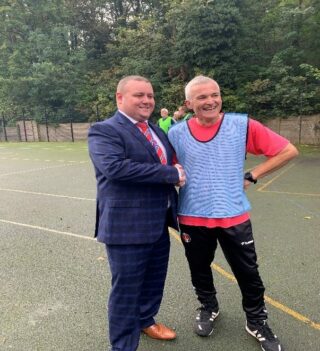
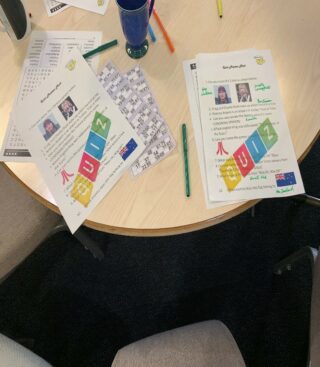
Live Well Roadshows
The Live Well programme had a visual map that was coded to the social deprivation quintiles 1 to 5. This enabled the opportunity to complete targeted health improvement campaigns to various areas across Greenwich, in particular hard to reach community members. They have three health improvement roadshow vehicles and these are utilised for targeted campaigns. For example, they ran a campaign posing the question ‘How old are your lungs?’ to encourage smoking cessation. In eight weeks during the campaign around 10,000 people visited the roadshows in these hard to reach areas.
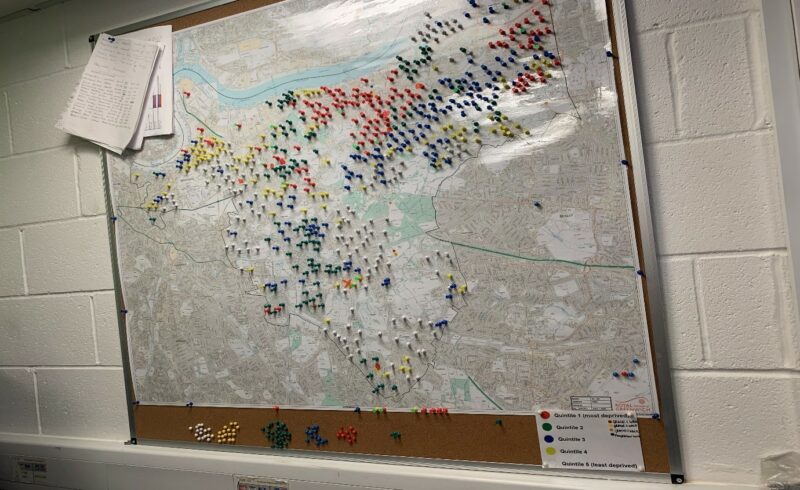
Live Active Coaches in GP Practice
Dr Debisi Olunloyo, a GP from one of the Live Active practices shared her positive experience of the Live Active coaches being involved with their patient population. The GP described how having the Live Active coaches had released time for the GP to focus on the patients’ medical issues. The GP didn’t realise the services available to support the individuals and often felt stuck about the best way to seek help. There was a good working relationship as part of the multidisciplinary team discussions and the Live Active coach was integral to this team. Dr Olunloyo shared feedback from a patient that had inspired the progress of the MDT conversations:
‘The medical support keeps me alive, but it’s the psychological and social support that enables me to live.’
Patient Blog 2013.
Living Well Directory
Online access is available to the Greenwich Community Directory website for all local health, social care and community self-help information.
Some key learnings we took away:
- Make every opportunity count.
- Policy and planning must consider the impact on both health and community.
- Utilising this social prescribing model, Live Well Greenwich has demonstrated a good cost/benefit (£1 = £4.32 return of investment).
- One size doesn’t fit all; there need to be different approaches to support people to engage to Live Active.
- Join the dots: a whole systems approach is key to supporting people to Live Well.
- It’s important to harness the power of the community to reduce inequalities.
- Factor in evaluation at 3 months, 6 months and 12 months to monitor improvements.
- There are opportunities to link the work currently being undertaken to breastfeeding, falls prevention, mental health and electronic frailty index usage in GP practices.
- There’s potential to use this model with the high resource work in Emergency Departments.
Our Take Home Message
The powerful nature of social prescribing that has had a ripple effect on the whole community and is owned by everyone living and working in Greenwich.
Thanks to the Q community and Live Active for an excellent learning and sharing event.